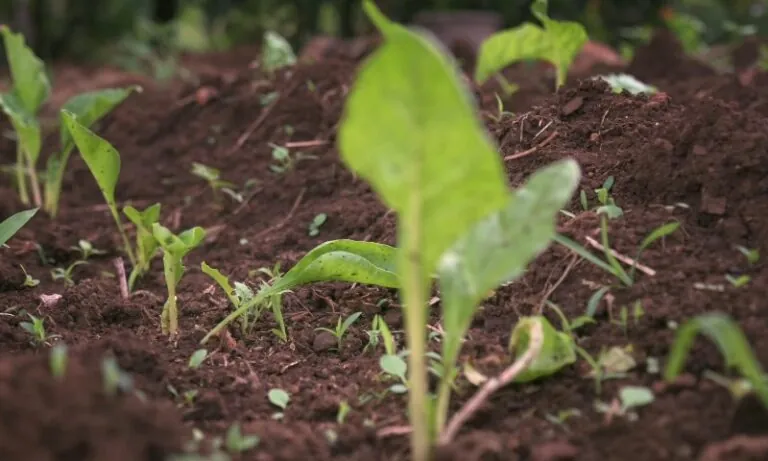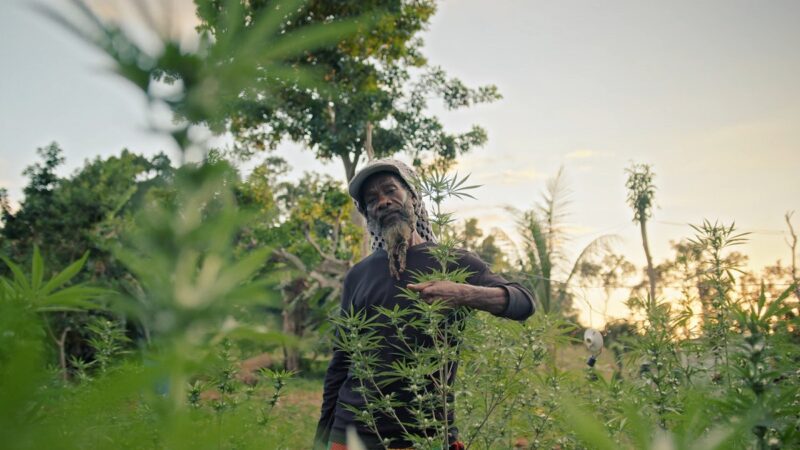Cannabis has transitioned from a shadowed crop into a globally recognized industry with immense economic and medical potential.
Africa is in a strategic position to benefit because of its favorable climate, fertile soils, and generations of cultivation knowledge.
Legal reforms in several nations have created an opening for farmers to redirect agricultural efforts toward cannabis, signaling a new phase in agricultural transformation.
Let’s discuss each case in greater detail.
Policy and Legal Shifts Across Africa
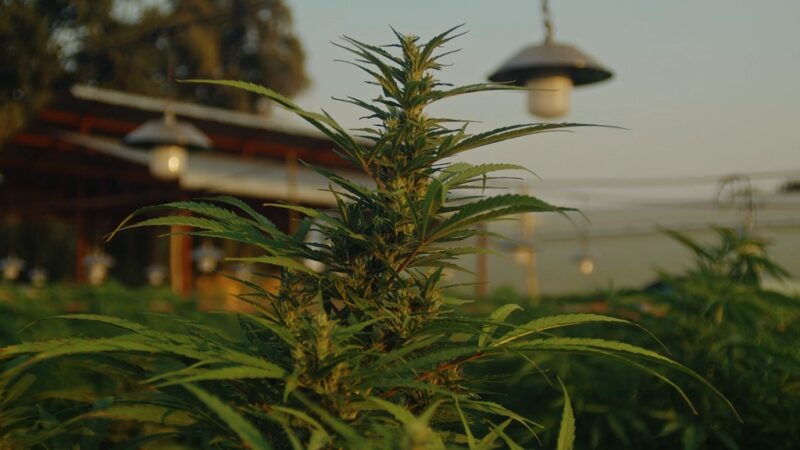
South Africa has moved away from criminalization and toward cannabis as a driver of growth.
Public policy is no longer focused solely on prohibition but on building an industry that can create employment and generate exports.
Projections in the State of the Nation Address highlight the possibility of more than 130,000 new jobs linked to cultivation, processing, and trade.
The Cannabis for Private Purposes Bill provides a structure for private cultivation while supporting ambitions for large-scale export.
Farmers and entrepreneurs see South Africa positioning itself as one of the continental leaders in commercial cannabis.
Malawi has taken bold steps with the Cannabis Regulation Bill of 2020.
This reform encourages a move away from reliance on tobacco, once the nation’s economic backbone, toward a future built on medical cannabis and industrial hemp.
Farmers now have a legal distinction between recreational marijuana, medical products, and hemp fiber, which clarifies opportunities for different markets.
Other nations are aligning with similar strategies:
- Lesotho: First to issue large-scale cultivation licenses targeting European buyers.
- Zimbabwe: Welcomed medical cannabis investors through flexible licensing.
- Uganda: Adjusting frameworks to accommodate private-sector involvement.
- Zambia: Reviewing regulations to expand commercial production.
Collectively, these legal transformations signal a continental wave of agricultural and economic reorientation.
Domestic Markets and Branding
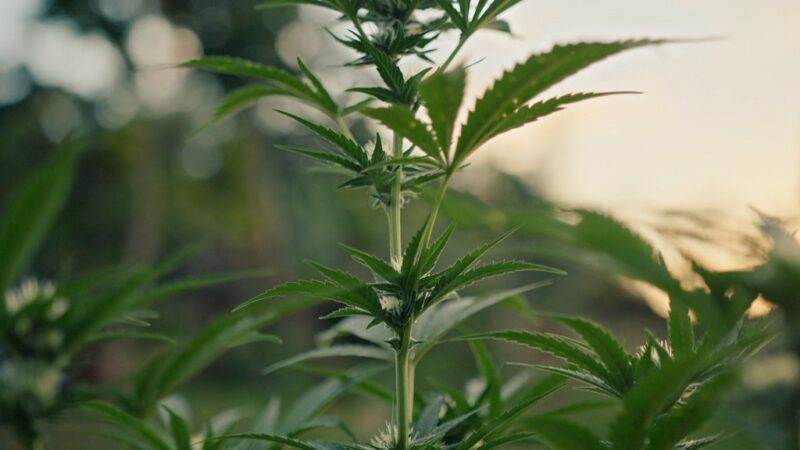
Legal reforms aimed at domestic use could unlock value that extends past exports.
Recreational legalization within African countries would create robust local markets, providing revenue streams for growers, processors, and retailers.
This approach ensures that more of the wealth generated stays within national economies.
One example is happy420africa.com, a Cape Town-based cannabis shop that showcases the growing domestic appetite for curated, premium cannabis experiences.
Their product offerings, from THC gummies to eco-friendly accessories, highlight how South African entrepreneurs are tapping into the local market with branding and sustainability in mind.
Branding is another key opportunity. Indigenous strains have global recognition and can serve as premium brands in competitive markets:
- Durban Poison from South Africa.
- Malawi Gold is grown in Malawi.
- Pondoland strains are tied to South African traditional growers.
Beyond cultivation, value-added products such as CBD oils, cannabis-infused edibles, skincare lines, and beverages present additional growth opportunities.
Farmers, manufacturers, and entrepreneurs can build industries that highlight Africa’s agricultural creativity and strengthen economic resilience.
The Economic Promise of Cannabis in Africa
Cannabis is no longer viewed as an underground crop but as a potential multibillion-dollar sector.
Analysts suggest the value across nine African countries could reach $7.1 billion, driven by global demand for medical cannabis, CBD, and hemp-based products.
Foreign investors have already taken notice, with companies such as Akanda and Labat Africa committing funds to cultivation and processing facilities.
Regional success stories illustrate what is possible when favorable climates meet new legal frameworks:
- Lesotho: Competitive advantage through low-cost, high-quality cultivation aimed at Europe.
- Malawi: Indigenous strains considered ideal for CBD extraction, supporting pharmaceutical and wellness industries.
Governments see fiscal gains, corporations see profits, and communities have a chance to integrate into global supply chains.
With careful policy management, cannabis could deliver sustainable growth across several sectors of African economies.
Are Small-Scale Farmers Marginalized or Empowered?
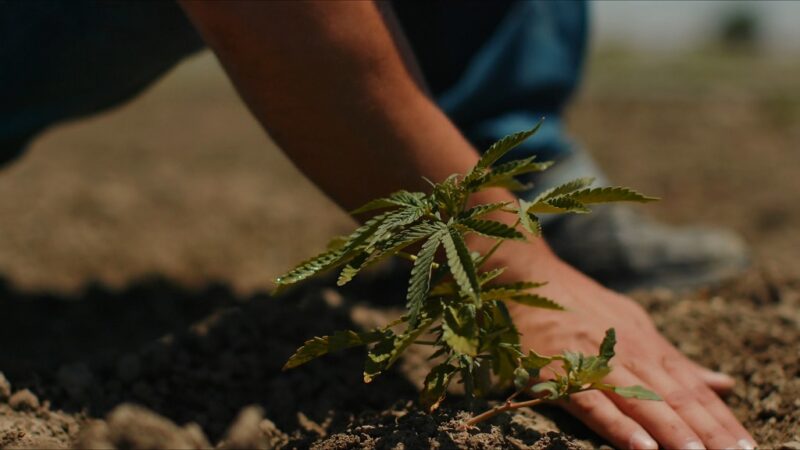
Market reforms have opened doors, yet smallholders often find themselves outside looking in.
In Pondoland, South Africa, traditional growers are being pushed aside due to prohibitive entry costs.
License fees of about $1,465, combined with facility setup costs that range between $182,000 and $304,000, lock out small players.
Legal ambiguities complicate matters. While decriminalization allows personal use, commercial cultivation remains dominated by enterprises with access to capital.
Traditional communities risk exclusion despite their long heritage in cannabis growing.
Possible solutions have been discussed in policy circles and civil society:
- Cooperative licensing to lower barriers.
- Community-based production models enabling shared investment in infrastructure.
- Empowerment programs that integrate legacy farmers into formal systems.
Inclusion of smallholders is not only an economic necessity but also a way to preserve cultural practices that have shaped cannabis farming for generations.
Scientific and Medical Potential
CBD has become central to the global medical cannabis industry because of its range of therapeutic properties.
Malawi is at the forefront of research, examining applications for epilepsy with products such as Epidiolex, setting an international precedent.
Other studies suggest effectiveness in managing psychiatric conditions and providing neuroprotection.
Research is also testing its value for malaria-related neurological complications, a pressing issue in parts of Africa.
Institutions such as the Africa Centre of Excellence in Public Health and Herbal Medicine (ACEPHEM) are central to these developments.
Their work expands opportunities for African nations to position cannabis not only as an export product but also as a medical tool for local populations.
Key areas of focus include:
- Epilepsy treatment with cannabinoid-based medicines.
- Neuroprotective therapies targeting neurological diseases.
- Public health applications for malaria-related complications.
- Scientific research strengthens the argument for cannabis as both a health solution and an economic driver.
Regulatory Challenges and Global Trade

Participation in the global cannabis trade remains complex due to fragmented regulatory systems.
Exporters face hurdles involving customs, certification, and inconsistent international frameworks.
Smaller producers bear the heaviest burden, struggling with compliance costs for strict quality standards required in Europe and North America.
Critics highlight an imbalance in global trade structures where profits are concentrated in foreign corporations, leaving local farmers with minimal benefit.
Without protective policies, African producers risk becoming mere suppliers of raw materials instead of owners of value-added industries.
Potential strategies for improvement include:
- Regional cooperation to create unified African standards.
- Support for small-scale producers through subsidies and simplified compliance.
- Harmonized export frameworks to reduce trade frictions.
Fairer systems could help African cannabis producers secure a stronger position in the international market.
Summary
Cannabis legalization offers African nations a chance to reshape agricultural economies and strengthen participation in global industries.
Strategic policies, investment in scientific research, and development of value-added industries can ensure sustainable growth.
Inclusion of small-scale farmers remains essential.
With deliberate integration, cannabis could transform livelihoods, advance public health, and establish Africa as a leading hub for this rapidly expanding industry.



